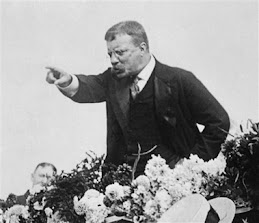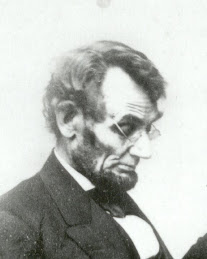A friend of mine recently loaned me a book called "The Heisman: Great American Stories of the Men Who Won," by Bill Pennington. I'm only through the first couple of chapters, but if they're any indication, what a fantastic read this is going to be.
Pennington's first player profile is on Nile Kinnick, the 1939 Heisman winner for whom Iowa's Kinnick Stadium is named. It's actually named partially in honor of his brother Benjamin as well, as both ultimately were killed in service of their country in World War II.
Nile Kinnick played for Iowa through two awful seasons in 1937-38 before leading the Hawkeyes to a 6-1-1 record in the year of his Heisman campaign. But what struck me most about Kinnick was not the accolades, nor even the photograph of the determined go-ahead touchdown against Notre Dame that still adorns offices at the University of Iowa. Rather, this young Republican, who gave an eloquent introduction for Wendall Wilkie on Wilkie's visit to Iowa during the 1940 presidential campaign, put his law career on hold to join the U.S. Navy Air Corps on Dec. 4, 1941. Note that not only was this prior to the institution of the draft, it also was three days BEFORE the bombing of Pearl Harbor.
Of his decision to join, Kinnick wrote to his brother George: "I would be lacking in appreciation for all America has done for me if I did not offer what little I had to her."
Kinnick met his end on June 2, 1943, when on a training run in the Carribbean he ditched his plane in the sea rather than risk jamming an overcrowded carrier deck with his oil-hemorraging Grumman F4F Wildcat. Search parties were immediately dispatched for him, but he was never found. One last heroic effort by a man whose courage and selflessness we all should aspire to emulate.
Sunday, June 24, 2007
Subscribe to:
Post Comments (Atom)



No comments:
Post a Comment